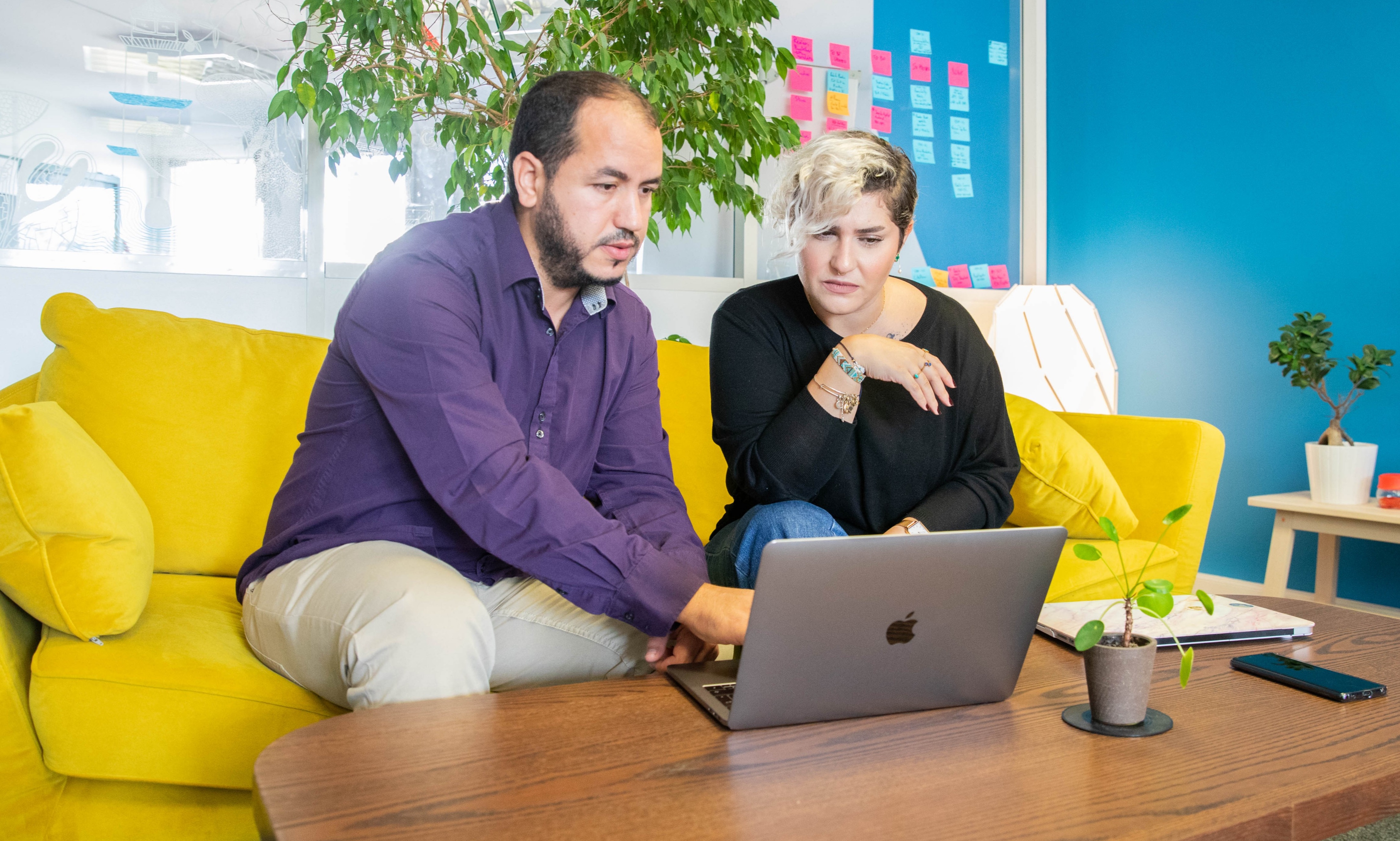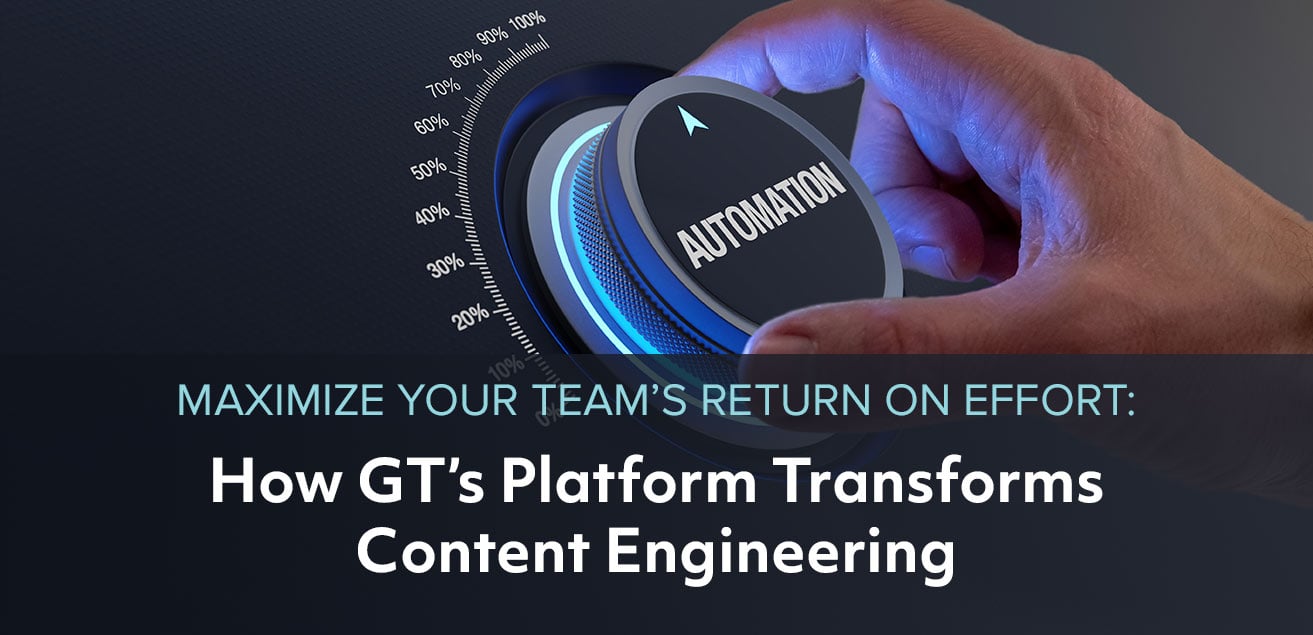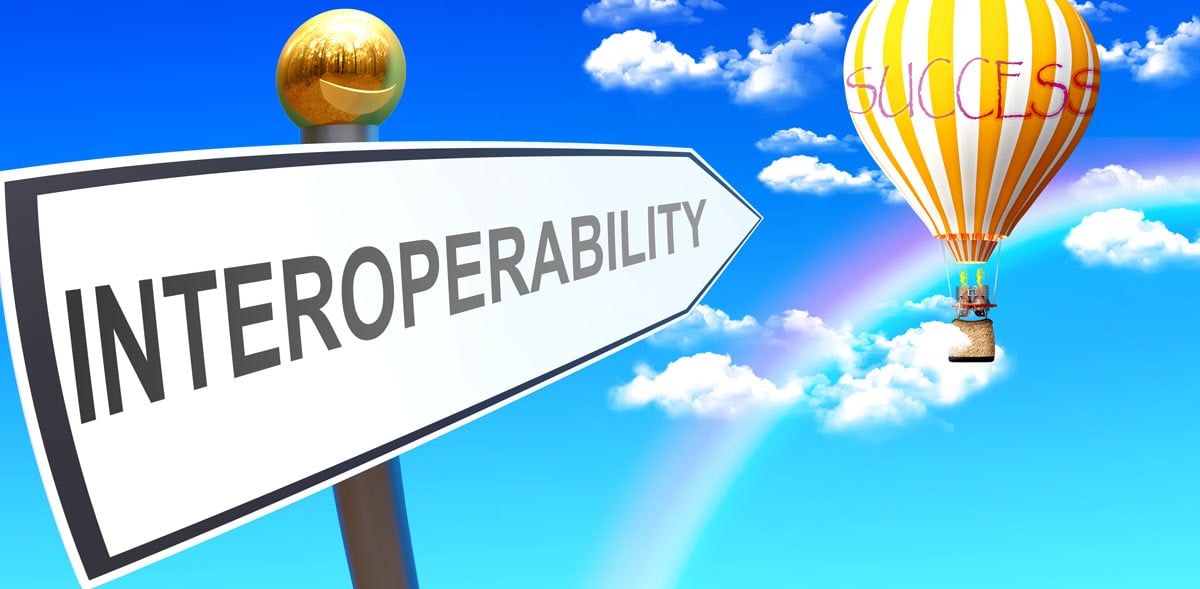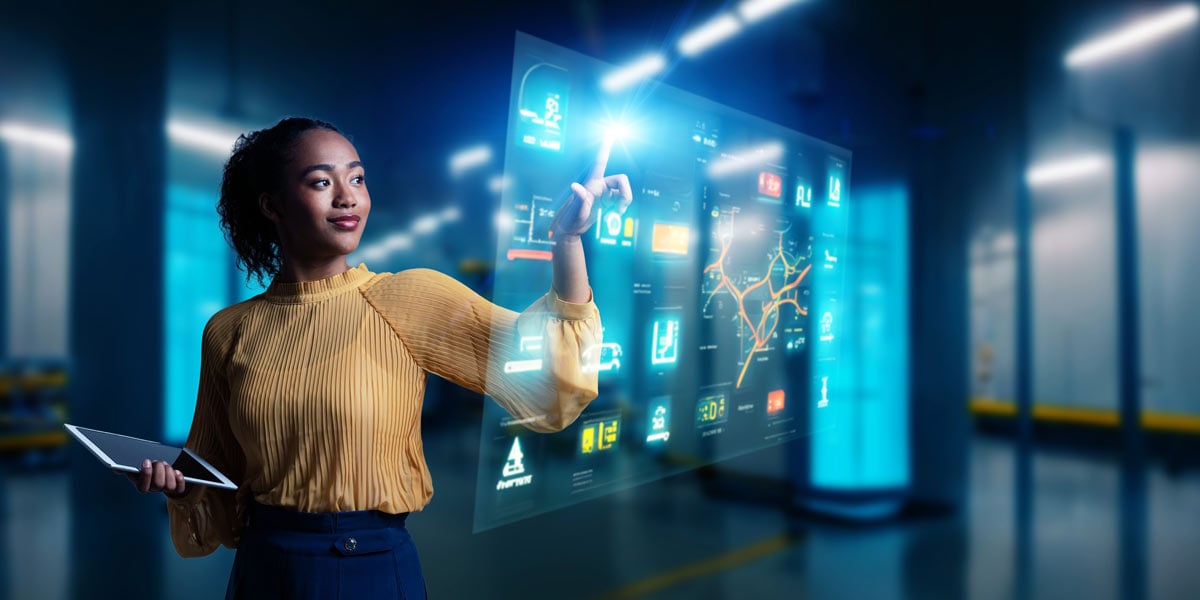At the end of 2019, everyone had predictions for the future. Some of the high-risk areas for manufacturing in 2020 were tariff wars, labor shortages, the pace of change, and cybersecurity. Before the first quarter was over, the high-risk areas were overshadowed by a more immediate concern -- survival. Now organizations are busy developing plans for what may be life after COVID-19. Part of those plans must include meeting customer expectations. Life may be different, but customers still want their expectations met.
Customer Expectations
According to a recent survey, experience is more important than product when it comes to consumer or business spending. In general, experience has become the differentiator, because buyers believe they can find the equivalent product elsewhere. That means manufacturers have to provide an exceptional buying experience if they want to survive. It doesn't matter whether the customer is a consumer or a business-to-business buyer; they want the same thing. They want a seamless experience, personalized for their needs and delivered with consistency.
Seamless
People hate to repeat themselves. Approximately 60% of consumers expect their prior interactions to carry over to the next touchpoint. If consumers are transferred to another person within the same company, they expect that previous information to transfer as well. Whether it's a consumer looking for a single item or a buyer purchasing cases of manufactured goods, companies must provide a cohesive customer experience.
The seamless experience has expanded to include non-human interactions. Over 80% of consumers expect a person to know what information was given to a chatbot. Nearly 50% believe that human representatives should be aware of what FAQs were accessed before they made a support call. To purchasers, technology is another delivery channel that should integrate seamlessly into their experience.
Personalized
No one wants to feel like a number. Yet, 69% of consumers feel that way, which is an increase over the 61% in 2018. Even 69% of business buyers want an Amazon-like buying experience. Customers place a value on being recognized by the companies they buy from. More than recognition, they value being catered to. For example, 75% of consumers said they would make a repeat purchase if personalized recommendations were made based on their preferences. The more personal the experience, the more loyal the customer becomes.
Consistent
Customers expect consistency in a company's information and customer experience. How many websites have contradictory information? Why is the product description for the same item different depending on the color selected? Conflicting information frustrates buyers. How is a customer to know which description is correct? Even more frustrating is receiving conflicting information from individuals within an organization. Consistent messaging is essential for a consistent experience.
Regardless of the delivery channel, consumers want the same quality of experience. If that doesn't happen, they leave. Almost 85% of people will leave after three bad experiences; 17% will leave after one. Over half of those customers who leave, do so without warning. In today's environment, no news is not always good news.
How can manufacturers deliver exceptional customer experiences when shopping has moved online, employees are now remote workers, and supply chains are disrupted? They need to revisit their customer journey to identify the touchpoints impacted by COVID-19.
Customers and Their Journeys
Customer journeys are made up of individual experiences that customers have when interacting with a brand. Customer roadmaps are visual representations of those customer interactions. These may be in-store experiences, online or telephone support, or website searches. Each experience is a touchpoint that must be evaluated to ensure it meets customer expectations. If organizations created customer roadmaps for the start of 2020, they need to revise them. If a manufacturer has never produced a roadmap, now is the perfect time to begin. Taking the time to understand what customers' experience provides insights into how to exceed their expectations.
Roadmaps and Personas
Roadmaps show customer movement through a buying cycle. Personas are fictional representations of a company's customers or buyers. Each persona has a roadmap, showing what the journey looks like across the enterprise. If a business has consumer and business-to-business buyers, it needs to prepare at least two roadmaps -- one for each customer type. At each touchpoint on the map, organizations identify how the customer came to be at the touchpoint and what emotions may be associated with the touchpoint.
For example, a potential buyer has selected two similar products but is unsure which one to buy. What can be done to help the customer make a decision? Many online stores provide a comparison of the two products. They may include product reviews or even indicate what the different products are used for. Whatever the solution, identifying the potential obstacles to buying means a better experience for the customer and more revenue for the manufacturer.
Maximize Customer Experience
In today's business environment, uncertainty is the only constant. It's easy to become wrapped up in the "what if" game; but if manufacturers are going to survive, they need to focus on what they can control -- customer experience. With roadmaps in hand, organizations can start transforming the customer experience so it exceeds expectations.
Seamless
Delivering seamless experiences was challenging before the majority of the workforce became remote workers. Now, it may seem impossible. Finding ways to share information on customer interactions is the first step to a seamless experience. Given that many employees work from home, businesses need to ensure that all information is digitized and accessible from anywhere and on any device.
Personalized
Customers want individualized experiences even more than personalized ones. They want to feel that the manufacturers they buy from know who they are. It's not enough for companies to know what a customer purchased during the last six months, they need to know what a customer's preferred colors are based on those purchases. Businesses need to maintain critical data on customer interactions, such as KPIs, SLAs and CES. Without data, customer satisfaction is just a guess.
Consistent
Providing a consistent experience requires consistent information. Data can no longer be spread across multiple systems that are unable to communicate. Customers want accurate information, but they also want it immediately. If service agents cannot access accurate information quickly, the customer experience fails. Knowledge Management Systems (KMS) ensure accurate information across all channels because they rely on a single source of truth. This accuracy is especially important when providing a self-service portal for customers.
Connect with us for help in digitizing information and creating a single source of truth for customer interactions. We believe the best way through the uncertainty is to collaborate with our clients to create and share information across the enterprise.






Leave a comment